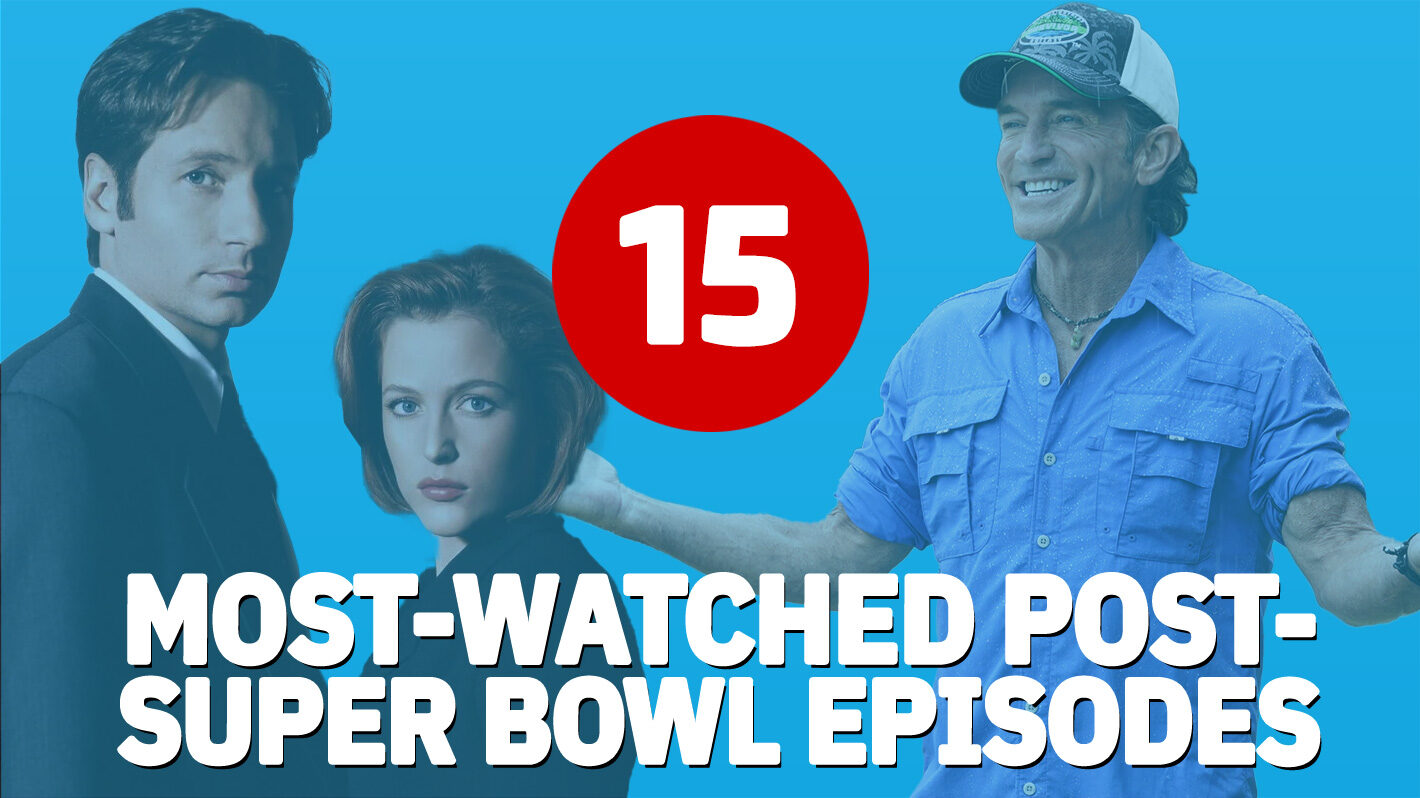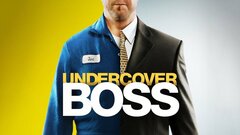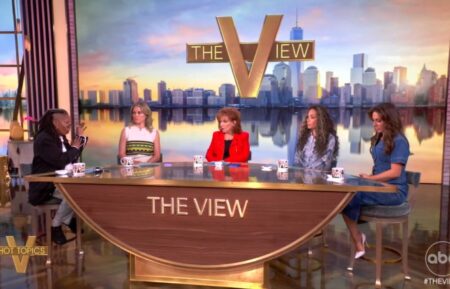5 Biggest Problems With ‘Undercover Boss,’ According to Viewers

A decade and a half ago, millions of viewers stuck around after the Super Bowl to watch the series premiere of Undercover Boss, a reality show in which corporate executives go incognito in low-level jobs in their own companies to check out their subordinates’ working conditions.
Undercover Boss, an American adaptation of the British program of the same name, released new episodes until 2022 when it disappeared from the CBS lineup. Many viewers probably weren’t sorry to see it go, though, because for years now — even at the time of the show’s debut on February 7, 2010 — professional and armchair critics have aired their frustrations with the Undercover Boss concept. Here on the show’s 15th anniversary, these are their complaints.
1. Undercover Boss seems staged like the employees are in on the ruse.
“Undercover Boss is straight-up staged, and the first thing that gives it away is the $5.00 hairpiece they give the CEO to go incognito. Second would be the whole f***ing camera crew following around some rookie on his first day,” one X user wrote.
Another X user said, “You cannot convince me that Undercover Boss isn’t completely staged.”
Apparently, producers pass off the camera crew by saying that they’re filming a documentary — but some participants aren’t fooled.
“We all pretty much knew it was Undercover Boss,” wrote a Reddit user who said their workplace was the subject of one episode, “but the whole crew did a good job of playing up the fake backstory.”
Another Reddit user said, “I worked on a cruise ship when they filmed Undercover Boss. The CEO pretended to be doing a documentary and had various crew members train him for a few hours. While no one was expressly told what the gig was, the show had already been going on for a year, so we all sort of knew what was up.”
2. Viewers don’t get much follow-up to see whether the corporate executives are keeping their promises.
One X user called Undercover Boss “the show where the CEO of the company pretends to work there for a week and discovers how s***** the working conditions are and vows to change things, and then, after the cameras stop rolling, nothing changes.”
Former Undercover Boss producer Damon D’Amore said in a Quora comment that he was in contact with many CEOs from the first two seasons and that those bosses would tell him that they were still “implementing internal systems for employee engagement and culture-related initiatives” a decade later.
But not every participant had a good experience. A Shoppers World employee featured on Undercover Boss told WPIX in 2017 she was still waiting for the company to pay for her wedding, as the CEO promised in an episode that aired nearly two years prior. “I should have known it was too good to be true,” that employee said.
3. The workplace changes seem more superficial than systemic.
“I hate that show,” one Reddit user said of Undercover Boss. “An episode is like one giant advertisement. It’s a way for a company to gain exposure and a positive reputation while putting in very little effort to make big, far-reaching changes. Rather, they work through manipulating the audience’s emotions by giving a few select people [whom] we’ve connected with large sums of money or other bonuses, which has a relatively low cost for the company and distracts from how useless many of the new policy changes they promise to make are, so it seems like they’ve actually done something worthwhile. Think about it — if they didn’t profit from it, they wouldn’t do it.”
After watching the series premiere, communications consultant Shel Holtz blogged, “The footage CBS requires for an hourlong show isn’t going to result in a comprehensive overview of the company’s operations, and it won’t reveal most of the significant issues affecting the organization’s performance.”
Of the business leaders who participate in the show, The A.V. Club’s Alex McLevy wrote, “God forbid they introduce a profit-sharing program, or more vacation time, or do anything to imply the race-to-the-bottom ideology of rapacious corporate capitalism needs an overhaul.”
4. Relatedly, we only see some employees getting rewarded.
Of the Waste Management boss who starred in the series premiere, Time critic James Poniewozik said, “Sure, he handed out promotions and raises to the few people whose stories we saw. It was moving to see a woman with overwhelming family and job responsibilities get a bump up that kept her from losing her house. But is there anything reason to believe anything is better company-wide?”
Holtz added, “Every admin doing the work of three people, every employee who isn’t making enough to save their house from the current mortgage meltdown, every employee with health issues who still needs to work or lose their health insurance watched the show and wondered, ‘What the hell? What about me?’”
One Reddit user said that they “hated those episodes where they just showered a few specific people with gifts” and that “unfortunately that was most of the episodes.”
Another person commented, “Are there any episodes where they don’t? I really wanted to like Undercover Boss, but making it about [two to three] employees really killed it for me.”
5. Undercover Boss seems to promote the companies, the CEOs, and capitalism more than employee well-being.
“The TV show Undercover Boss is the literal definition of ‘capitalist dystopian scenario repurposed as feel good events.’” one X user declared. “Every episode ends with the boss [being] like, ‘I’m gonna give you some money ’cause it turns out you can’t afford to live on the wages I pay you.’”
On Reddit, one user wrote that they work at a company featured on Undercover Boss and that the CEO of that company made “no changes to the actual day-to-day work” after the cameras stopped rolling. “In general, it was a total puff piece with a real aim to bring more awareness to our brand and paint the CEO in a positive light,” they added.
In a review of the “CBS-organized publicity stunt” of a series premiere, Entertainment Weekly critic Ken Tucker wondered “how many thousands of other Waste Management workers will ever benefit from the Undercover Boss treatment” adding that the show “was one of the worst arguments for capitalism since Upton Sinclair’s 1906 novel The Jungle.”
The Washington Post staff writer Hank Stuever, meanwhile called the show “a hollow catharsis for a nation already strung out on the futility of resenting those who occupy CEO suites” but “an unbelievably juicy PR opportunity for the companies that agreed to do the project and a manipulative bummer for the unwitting employees who have the misfortune of appearing on it.”
And the aforementioned McLevy, looking back on the show’s legacy on its 10th anniversary, asserted, “Undercover Boss is some of the most blatant propaganda on American television. It’s a shameless endorsement of capitalist inequality that may as well end each episode by reminding everyday Americans that they should shut up and be grateful their lives are controlled by such selfless exemplars of virtue. It’s class warfare in everything but name.”









